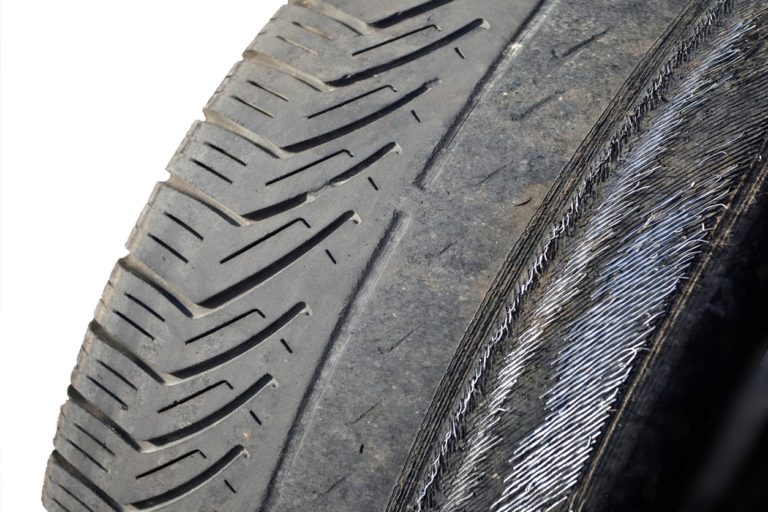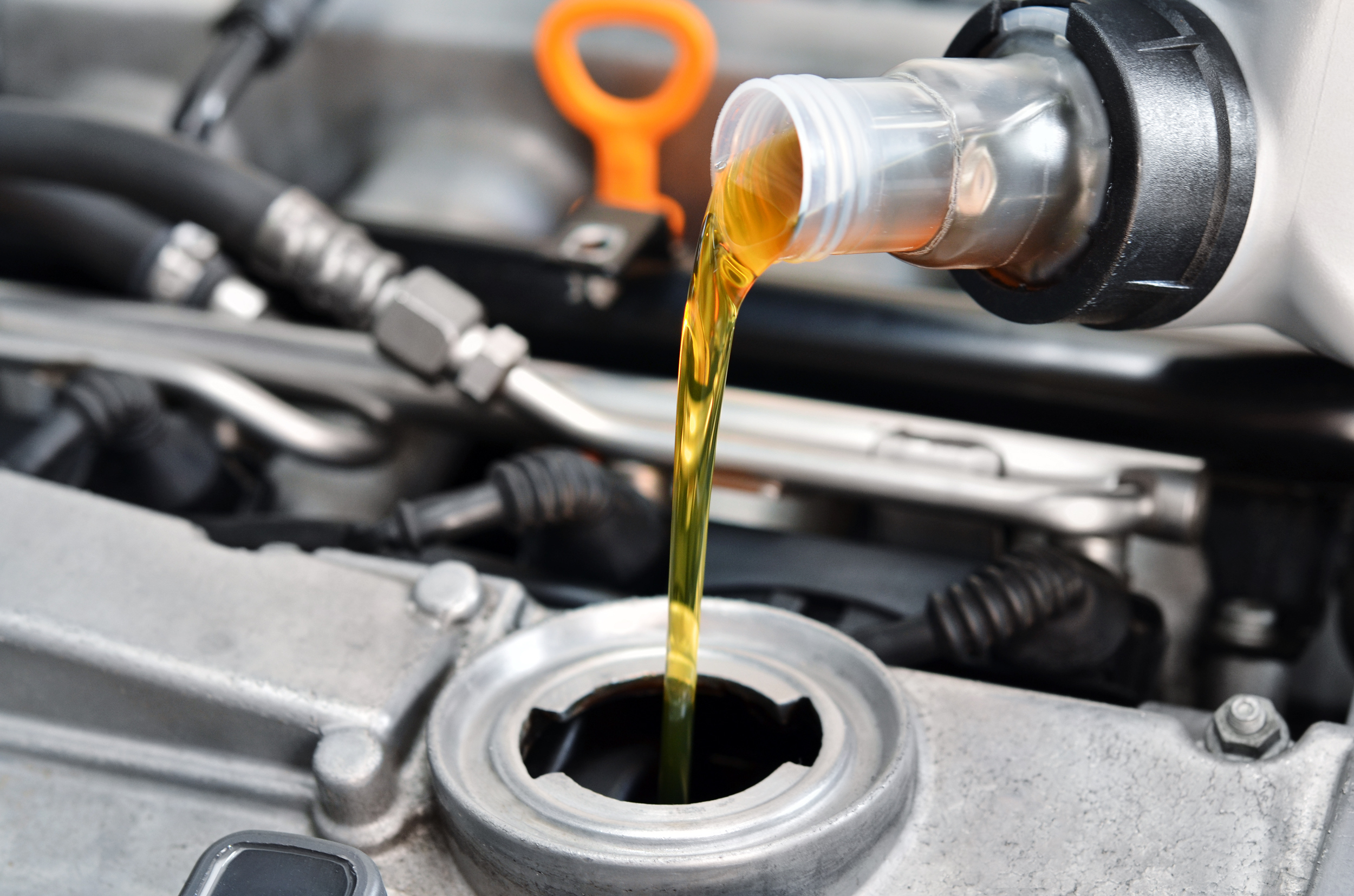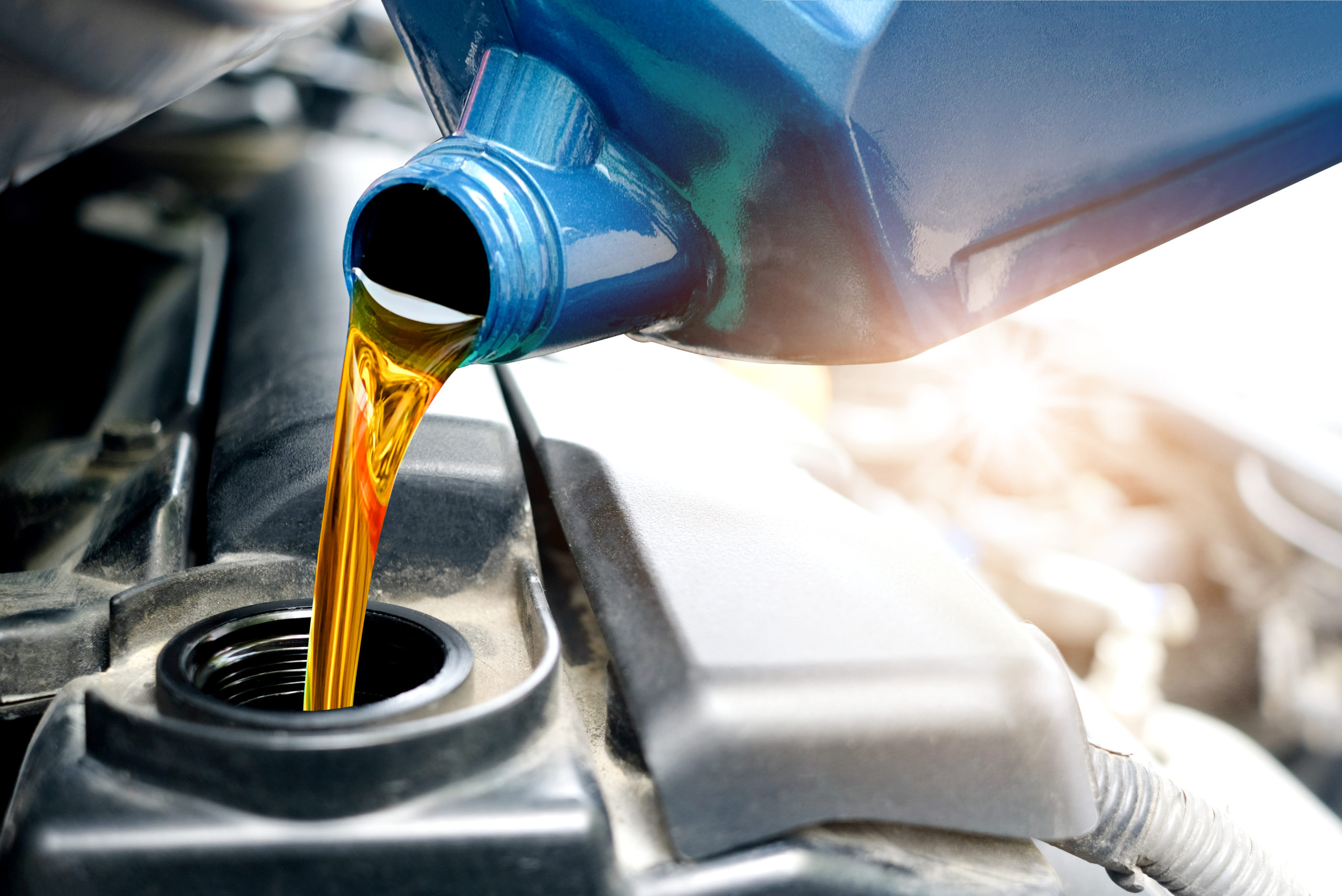There is a lot riding on your vehicle’s tires. In fact, tires might just be the most important part of your vehicle. The tires support the vehicle load, absorb road shocks, and maintain your direction of travel. Tires are also essential components for braking and traction on different surfaces, including gravel, pavement, and sometimes even water and ice.
Because your vehicle’s tires are so important, proper maintenance is crucial. The better you take care of your tires, the more aware you’ll be of when to replace them.
If you notice any of these four signs, you’ll know it’s time to replace your vehicle’s tires.
- The Tires Are Old
Because of the wide range of factors that affect how well tires age, manufacturers can’t accurately put an expiration date on them. Many car manufacturers agree that you should replace your tires six years after their production date. However, some tire manufacturers say that tires can last up to ten years.
These tire manufacturers also recommend that you get your tires inspected on an annual basis after they hit the five-year mark. The sidewall of tires made after the year 2000 contain a four-digit DOT code. The first two numbers represent the week the tires were made and the second two numbers represent the year.
- The Tires Have a Lot of Miles on Them
Besides age, you will also want to replace your tires if they have a lot of miles on them. Sometimes tires may only be a few years old, but already have thousands of miles on them. It all depends on how much you drive your vehicle and whether you drive long distances.
Like the age of tires, there is no set number of miles you should replace them. Some tire manufacturers have an 80,000-mile warranty on their tires. Other manufacturers just have a 30,000-mile warranty. On average, most tires are good for 60,000 miles.
If your tires have more than 60,000 miles on them, you may want to replace them.
- The Tires Are Damaged
If your tires are damaged in any way, you should replace them. You should replace damaged tires even if they aren’t that old or the tires don’t have a lot of miles on them.
Here are some of the most common types of tire damage:
- Irregular wear, which includes heel and toe wear, center wear, and one-sided wear
- Impact breaks or bulges
- Sidewall indentations
- Cuts and punctures
Driving your car with damaged tires poses a serious safety hazard, which is why you need to replace damaged tires as soon as possible.
- The Tires Are Worn
It is dangerous to drive on worn tires as well. Some dangers of driving on worn tires include:
- It’s easier for heat to build up in worn tires, which increases the chances of a blowout
- It’s easier for water to get in between the tire and the road, which increases the chances of hydroplaning
- It’s harder to handle a vehicle in snow or ice
When tire tread is worn down to a certain level, the tires are unsafe to drive on. You can check the tread with a tire tread gauge or by inserting a penny into the tread. Face the heads side toward you and see how much of Abraham Lincoln’s head you can see. If you can see all of his head, your tire tread is too low.
If it’s time to replace your tires, contact Evans Tire & Service Centers. With our wide variety of tire brands from which to choose, we can help you find the right tires for your vehicle.





